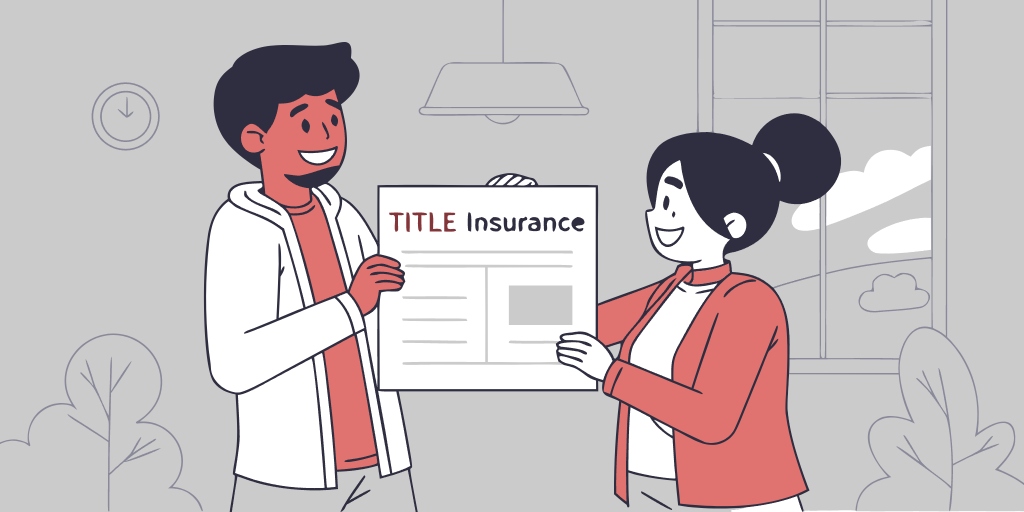By: Reuven Gorsht, Co-Founder & CEO, Deeded
As the CEO of a proptech company, I've seen countless real estate trends come and go. But "rentvesting" is one strategy that's recently caught my attention - and for good reason. We all know that Canada's housing market is experiencing a major affordability crisis. Rentvesting is a clever approach to building wealth in Canada's challenging housing market. Let's dive into what rentvesting is all about and why it might be the solution you've been looking for.
What is Rentvesting?
Imagine this: You've got a great job in Toronto and own a nice home. Suddenly, love strikes or a dream job opens up in Vancouver. The catch? Housing in these cities is astronomically expensive. All of a sudden, your dream starts fading away. Enter rentvesting.
Rentvesting allows you to have your cake and eat it too. Rentvesting is a home-owning strategy where you rent a property to live in that's right for your lifestyle, while you own an investment property that's right for your budget. For example, you rent out your Toronto home (your primary residence) to build equity, while renting a place that fits your budget in your new city. It's a win-win situation that's gaining traction among savvy Canadians.
Why Rentvesting is Gaining Popularity
- Building Equity: Even as you rent elsewhere, you're still growing your wealth through property ownership.
- Potential Cash Flow: In markets where homes are less expensive but rents are high, you could see positive cash flow.
- Flexibility: You can live where you want without sacrificing the benefits of property ownership.
Is Rentvesting Right for You?
Before you jump on the rentvesting bandwagon, consider if you fit the profile:
- You have a flexible budget and a solid down payment
- Your credit score is strong, and you qualify for a mortgage
- You're comfortable with some level of risk
- Managing a property from afar doesn't faze you (or you're willing to hire a property manager)
The Math Behind Rentvesting
Success in rentvesting comes down to the numbers. Here's a quick breakdown:
Income:
- Your day job salary
- Rental income from your property
Expenses:
- Rent in your new city
- Mortgage payments on your owned property
- Property taxes, insurance, and maintenance costs
- Regular living expenses
The goal? Your total income should exceed your expenses, leaving you with a surplus to save or reinvest.
Risks to Consider
Like any investment strategy, rentvesting isn't without its risks:
- Vacancy periods and problematic tenants
- Fluctuating interest rates and operating costs
- Potential market downturns
The Future of Real Estate Investment
At Deeded, we're seeing more Canadians embrace innovative strategies like rentvesting to navigate our complex real estate market. It's not just about owning a home anymore - it's about making smart, flexible investments that align with your lifestyle and financial goals.
Rentvesting isn't for everyone, but for those with the right financial profile and risk tolerance, it can be a game-changer. As always, I recommend consulting with a financial advisor to see if this strategy aligns with your long-term objectives.
Are you considering rentvesting? I'd love to hear your thoughts and experiences.
Unlock Your Seamless Closing Experience
Your Journey to a Worry-Free Closing Starts Here!



